
Most dogs develop a cough at some point in their lives, and it can be difficult to determine if your dog is responding to an irritant from the environment or a serious health concern. Dogs navigate the world with their nose, and because of this, your dog’s nose comes into contact with a variety of things like dust, germs, and dirt, all of which can lead to a cough.
A cough can be a symptom of a number of different problems in dogs. The type of cough and your dog's breed, age, and environment can all be helpful to your veterinarian in diagnosing the cause of the cough. While a cough could be minor due to obvious causes like an allergen or irritant in the throat, some causes could be more serious, and if left untreated, could lead to infection or pneumonia. Find out more about the underlying causes for coughing, how a diagnosis is made, and how this condition may be treated.
A cough is a reflex that is stimulated by irritation or foreign matter in the trachea or bronchi. It is a protective mechanism to keep the airways and respiratory tract clear of secretions and foreign material. A cough consists of a sudden, forceful expiration of air. There are many reasons why a dog will cough, but there will always be an underlying cause. All dogs cough sometimes, but only a veterinarian can help you rule out some of these causes to pinpoint why your particular dog is coughing and give you a plan for treatment. Here are a few of the more common reasons why dogs cough.
Kennel cough, also known as canine infectious respiratory disease, is a contagious respiratory disease transmitted between dogs. Your dog can be infected if they spent time in a kennel, at the groomer, or anywhere there are other dogs. A dry, hacking cough that is sometimes followed by a gag and retch is a common symptom.
A deep, wet cough can be a symptom of pneumonia. This cough can often be accompanied by a fever, difficulty breathing, weight loss, and nasal discharge. Pneumonia can be caused by viruses, bacteria, fungi, or parasites.
A cough that is acute and sounds more like gagging, especially when accompanied by lip licking or attempts to swallow, could be a sign your dog has a sore throat, or something stuck in their throat. Grass, seeds, dirt, and other things can be inhaled, and dogs can get small pieces of sticks or toys stuck in their trachea. If coughing doesn’t eject the foreign object after a few coughs, you should take your dog directly to the vet and have it examined and the foreign body removed as soon as possible. Foreign objects can lead to potential infection and pneumonia in some cases.
Dogs with heart problems, including an enlarged heart, heart murmur, and congestive heart failure, can all experience bouts of coughing. Some dogs with a chronic heart murmur will develop progressive enlargement of the upper chambers of their heart. This enlargement can eventually result in congestive heart failure, a condition in which fluid leaks into the lungs and causes a cough.
Tracheal collapse is most common in overweight toy and miniature breeds of dogs, but can occasionally occur in large breed dogs as well. Dogs with this condition will often have a honking, chronic cough that worsens when the dog is excited, pulls on the leash, or is picked up. Strategies to prevent episodes include keeping your dog at a healthy weight, using a harness instead of a collar, teaching your dog to not pull on the leash, and avoiding excitement when possible.
Other conditions that can cause coughing in your dog include chronic bronchitis, canine influenza, heartworm disease, and some types of cancer.
If your dog is coughing abnormally, it's a good idea to reach out to your vet. Your description of the kind of the cough (moist, dry, hacking, etc.), when the cough occurs (during rest, activity, night, day, etc.), and if anything brings on coughing are all important information to note, as it can help your veterinarian make a more informed decision about your dog’s care.
If your dog's cough doesn't resolve quickly on its own or if your dog is coughing violently, get them to the veterinarian. Most coughing-related issues are treatable or manageable, especially if caught early.

How to Take a Car Trip With Your Cat
Think you can't travel with your cat? Think again! Traveling with your cat just takes a little preparation and planning. Here's how.
How to Determine Your Cat's Age
Determining the age of an adopted cat is just guesswork, but a vet can look at teeth, sexual maturity, fur coat, and eyes to estimate.
Cat Food Ingredients to Avoid
When checking the nutrition content of cat food, look for ingredients that are not healthy or show it is of poor quality. Avoid these 3 ingredients.
What You Need to Know About Homemade Cat Food
If you want to cook for your cat, make sure to read about the risks associated with homemade diets for cats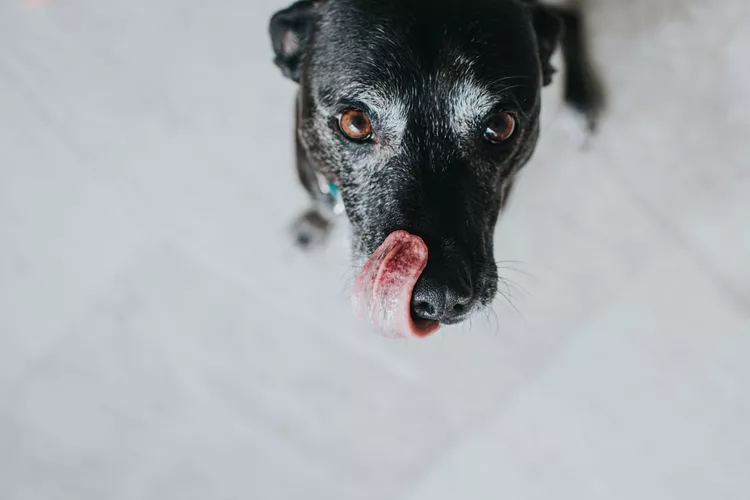
Can Dogs Eat Raw Chicken Feet?
What are the potential health benefits of chicken feet for dogs? What are the risks?
Macadamia Nuts and other Nuts That Are Toxic to Dogs
Find out why macadamia and other nuts are poisonous to dogs, what signs to look for, and what is needed to treat the toxicity.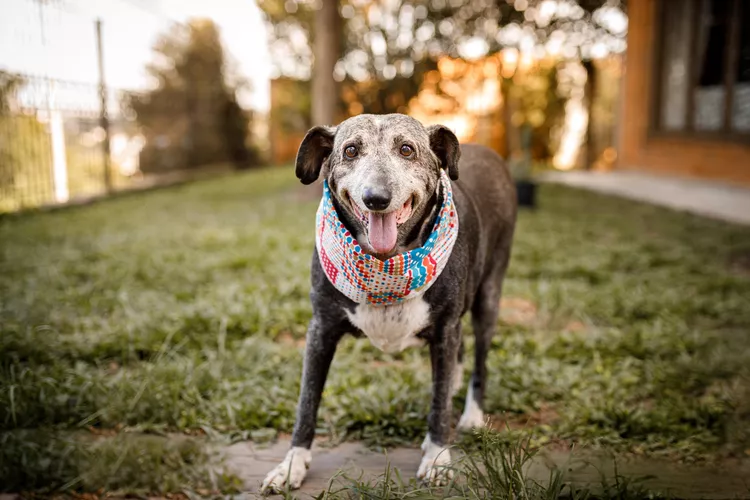
10 Tips for Taking Care of a Senior Dog
Is your dog a senior? Changes to their diet, exercise, and care are required. Here's how to make sure they're living their best and healthiest life.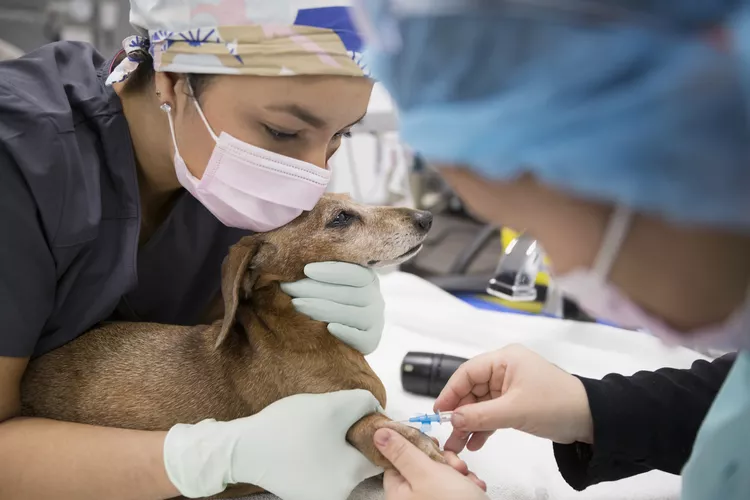
Hookworms in Dogs
Hookworms can make a dog uncomfortable but may also lead to serious blood loss and anemia. Learn the causes, treatment, and prevention.
Is Swiffer WetJet Safe to Use Around My Pet?
ASPCA toxicologists deemed Swiffer WetJet to be safe for use around pets, but there are other all-natural floor cleaning options available.
Can Dogs Eat Bread?
Is bread a safe snack for you dog? Are there kinds of bread you should avoid? Learn more about whether it's okay to feed your dog bread.
14 Hypoallergenic Cat Breeds for People With Allergies
There are no true hypoallergenic cat breeds. But some, such as the Siamese and Siberian, might be less likely to cause allergies than others.
Burmilla: Cat Breed Profile, Characteristics & Care
The playful and social burmilla is one of the newest cat breeds to be officially recognized by the CFA. Learn about burmilla breed.
Nebelung: Cat Breed Profile, Characteristics & Care
The Nebelung is a rare breed of domestic cat that’s known for their long gray-blue fur and gorgeous green eyes. Learn about the Nebelung cat breed.
Cymric: Cat Breed Profile, Characteristics & Care
The Cymric, a long-haired Manx, is one of the world's oldest cat breeds. This tailless cat is friendly and playful. Learn about the Cymric breed.
Here's Why Cats Groom Themselves
Learn all about cats' grooming habits: how and why cats groom, including mutual grooming, over-grooming, and displacement grooming!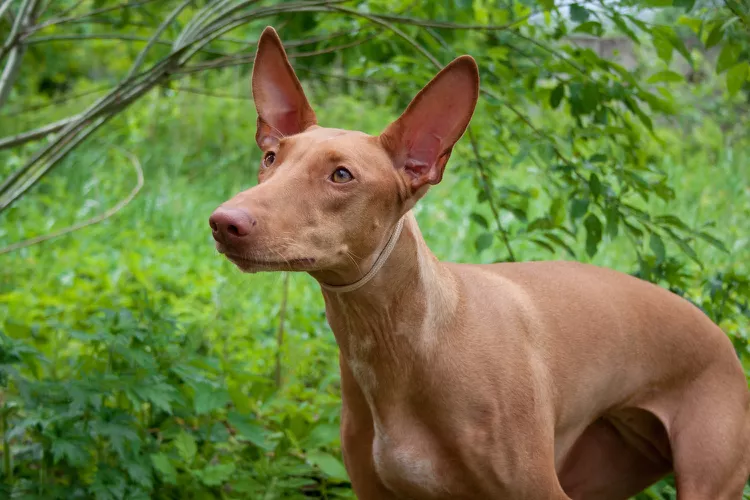
Pharaoh Hound: Dog Breed Characteristics & Care
Learn all about the Pharaoh hound, a sight hound dog breed known for their slim appearance and the ability to blush when excited.
How to Walk Your Dog
Dog walks should be fun for your dog while respecting your community. Learn why walking your dog is important and get essential safety and training tips.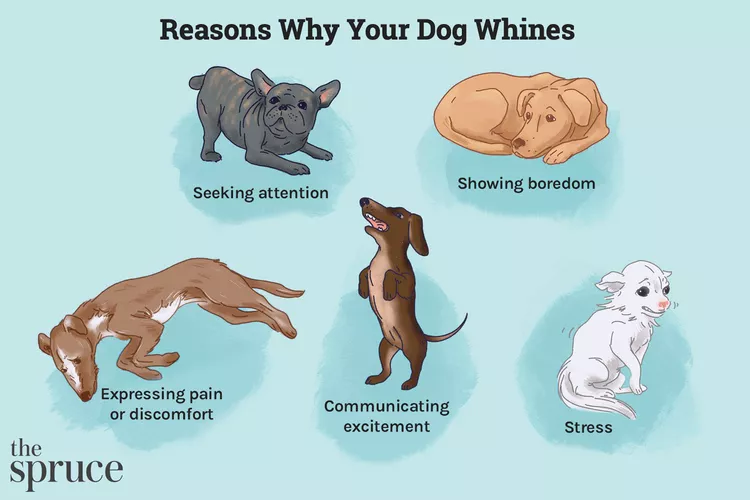
How to Stop Your Dog From Whining
Whining is a natural way for your dog to communicate with you. Explore the reasons dogs whine and how to discourage your dog from whining too much.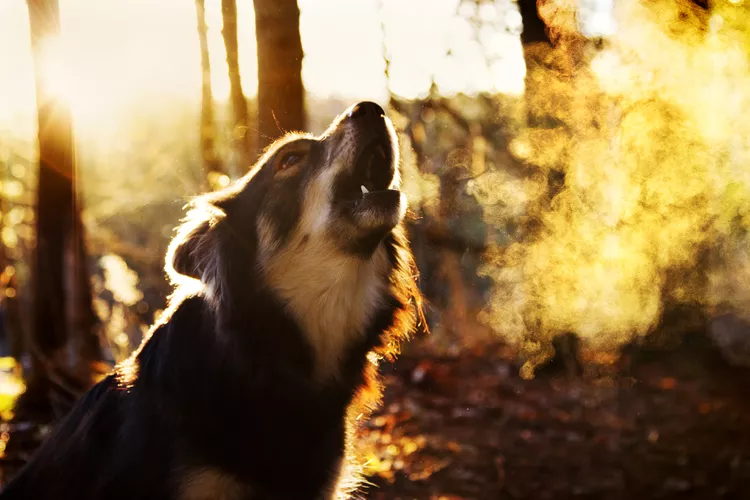
How to Stop Your Dog From Barking Excessively
All dogs bark, but excessive barking is a behavior problem. Learn how to help stop excessive barking and prevent it from happening all the time.
How to Train Your Dog to Live With Another Dog
When you add a second dog to your household, it's natural that there will be an adjustment period. Learn how to get two dogs to become acquainted.